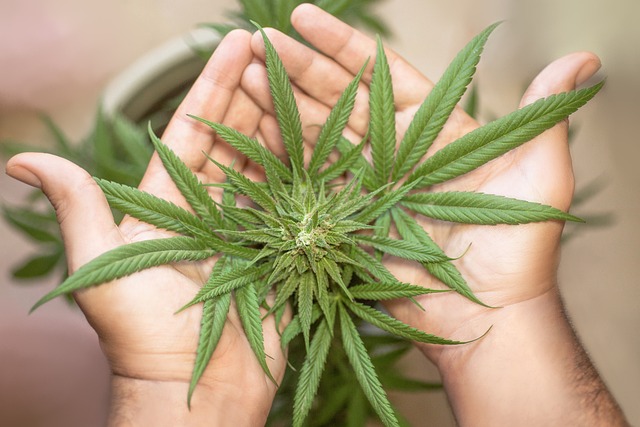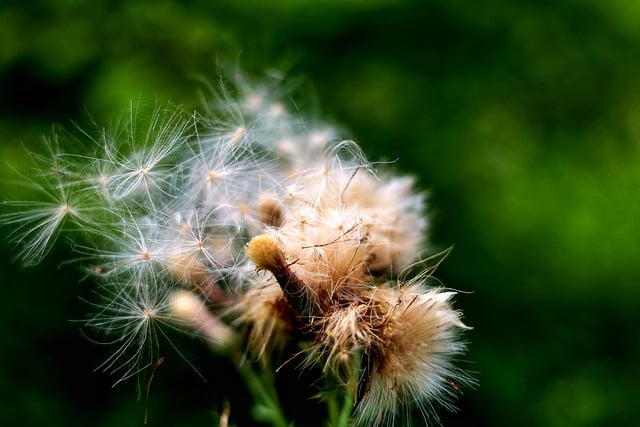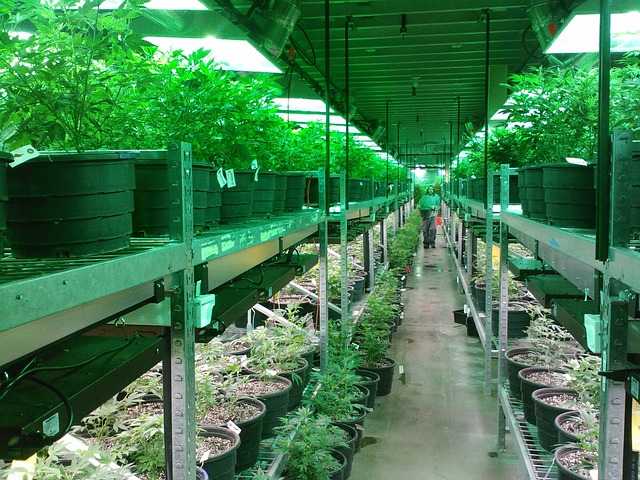🌿 The THCA flower, rich in the cannabinoid precursor Tetrahydrocannabinolic Acid (THCA), is gaining attention for its potential anti-inflammatory benefits. Unlike its psychoactive derivative THC, THCA doesn't alter mental states, making it a preferred option for therapeutic use. Studies indicate that THCA interacts with the endocannabinoid system to influence pain and inflammation, with initial research suggesting it could help manage conditions like arthritis. The raw form of THCA is believed to be more potent than THC in combating inflammation, amplified further by its natural terpene profile. This makes the THCA flower a significant natural remedy for inflammatory issues. Ongoing scientific investigation into THCA's anti-inflammatory compounds is revealing its potential as a treatment adjunct or alternative, particularly in the realm of cannabinoid therapy, to alleviate symptoms associated with inflammatory diseases and conditions.
Discover the multifaceted benefits of THCA flower, a non-psychoactive compound found in the cannabis plant that is gaining attention for its potent anti-inflammatory properties. This article delves into the intricacies of THCA, exploring its molecular structure, cultivation, and the science behind its health-promoting effects. From understanding how to optimize yield and preserve integrity during harvesting to navigating the legal landscape of its use, readers will gain comprehensive insights into the therapeutic applications and consumption methods that maximize benefits. Additionally, we examine the entourage effect, the role of terpenes, and how THCA flower can be integrated into holistic health regimens. This exploration also includes a comparative analysis with other cannabinoid-rich products and addresses safety concerns. Join us as we unravel the potential of THCA flower anti-inflammatory compounds, setting the stage for a deeper understanding of this natural wonder.
- Unlocking the Potential of THCA Flower: An Overview
- The Science Behind THCA Flower's Anti-Inflammatory Effects
- THCA Molecular Structure and Its Role in Health Benefits
Unlocking the Potential of THCA Flower: An Overview

THCA, or Tetrahydrocannabinolic Acid, is a non-psychoactive compound found in the cannabis plant that, when exposed to heat, degrades into the well-known THC. The THCA flower, rich in this cannabinoid precursor, has garnered attention for its potential health benefits, particularly its anti-inflammatory properties. Research indicates that THCA interacts with the body’s endocannabinoid system, influencing pain and inflammation responses without the psychoactive effects associated with THC. This makes THCA flower an appealing option for individuals seeking therapeutic benefits, including relief from conditions like arthritis and other inflammatory diseases. The anti-inflammatory compounds within THCA flower are believed to be more potent in their raw form compared to when they are activated into THC, offering a unique and potentially powerful alternative for those looking to harness cannabinoids’ therapeutic potential. Furthermore, the flower’s varied terpene profile contributes to its efficacy, enhancing the anti-inflammatory effects and providing a broad spectrum of benefits that can complement traditional treatments. As interest in cannabinoid therapy grows, understanding the distinct properties of THCA flower becomes increasingly important for those exploring natural remedies for inflammation and related conditions.
The Science Behind THCA Flower's Anti-Inflammatory Effects

Delta-9-tetrahydrocannabinolic acid (THCA) is the non-psychoactive precursor to the well-known psychoactive compound delta-9-tetrahydrocannabinol (THC), found abundantly in cannabis flowers. THCA’s potential as an anti-inflammatory agent has garnered significant scientific interest due to its interaction with the body’s endocannabinoid system. Research indicates that THCA interacts with the CB1 and CB2 receptors, which play a crucial role in modulating immune responses and inflammation. This interaction can lead to a reduction in pro-inflammatory cytokines, which are proteins used by your immune system to signal and coordinate a response to threats like pathogens and irritants. THCA’s anti-inflammatory effects are further underscored by its ability to inhibit the activity of certain enzymes and receptors linked to inflammation, offering a potential therapeutic avenue for various inflammatory conditions. The anti-inflammatory compounds present in THCA flower have been studied for their potential role in alleviating symptoms associated with inflammatory diseases, suggesting that this natural substance could be a valuable addition to holistic health and wellness protocols.
THCA Molecular Structure and Its Role in Health Benefits

Delta-9-tetrahydrocannabinolic acid (THCA) is the non-psychoactive precursor to the well-known compound delta-9-tetrahydrocannabinol (THC), found abundantly in the cannabis plant. The THCA molecule, present in raw cannabis flowers, possesses a unique molecular structure that includes a cyclohexene ring and an acidic carboxyl group at the C9 position. This structure is pivotal in conferring its potential health benefits, particularly its anti-inflammatory properties. Studies have indicated that THCA interacts with the body’s endocannabinoid system through its affinity for both CB1 and CB2 receptors, offering a modulatory effect on inflammation without the psychoactive effects associated with its decarboxylated form, THC. The anti-inflammatory compounds within THCA flower are believed to arise from its ability to inhibit certain pro-inflammatory cytokines and enzymes involved in inflammatory responses, making it a subject of interest for various therapeutic applications. Research continues to explore the full scope of THCA’s potential health benefits, with a particular focus on its role in addressing inflammation-related conditions.
In conclusion, the exploration of THCA flower has revealed its promising potential as a source of anti-inflammatory compounds. The intricate molecular structure of THCA underpins its role in promoting health benefits, as detailed in the article’s sections on its scientific properties and overall health implications. As researchers continue to unravel the nuances of this natural compound, its therapeutic applications are becoming increasingly evident, potentially carving a significant niche in holistic healthcare strategies. The findings underscore the importance of further research into the benefits of THCA flower, offering a compelling case for its consideration in various wellness regimens.
